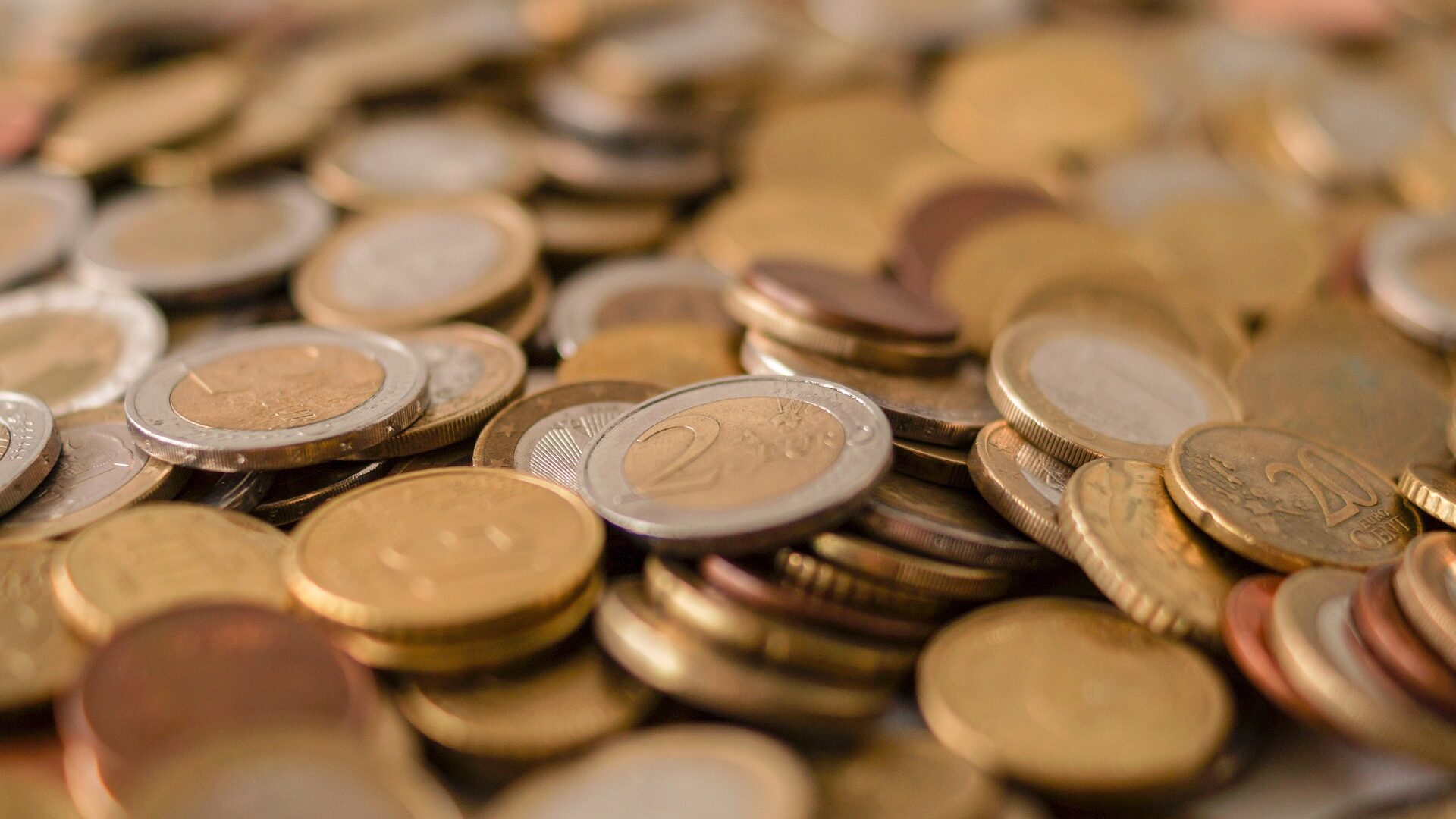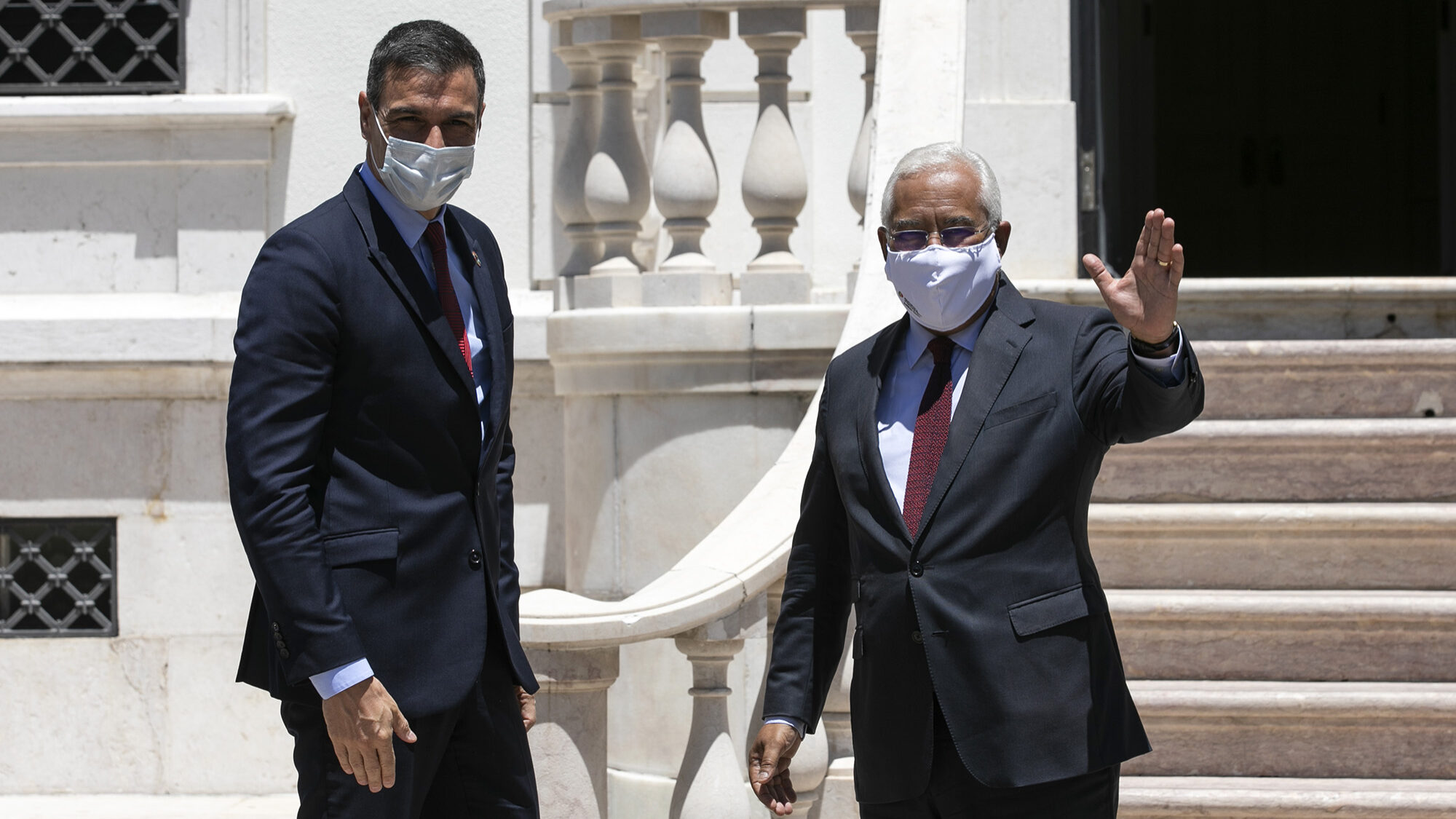European Parliament president highlights Portugal’s ‘active role’ in EU
Roberta Metsola highlighted Portugal's "positive and active role" in the European Union and announced plans for her to visit the country this coming autumn.
The president of the European Parliament, Roberta Metsola, in an interview with Lusa highlighted Portugal’s “positive and active role” in the European Union and announced plans for her to visit the country this coming autumn.
“I think that Portugal has been playing a very positive and active role in the EU and in different European institutions,” the Malta native told Lusa in Brussels, one day before she completes 100 days in office.
Portugal, she stressed, “has been successful in difficult times, such as during its presidency” of the EU Council in the first half of 2021, which was overshadowed by the Covid-19 pandemic.
Saying that she had “worked very closely, as vice-president responsible for national parliaments” with Portugal’s political leaders, Metsola recalled the “great work that was done by the Portuguese parliament, the Assembly of the Republic”, as well as the meetings “with Prime Minister [António] Costa, in which there were excellent conversations.”
Costa, who was prime minister at the time of the Council presidency, was confirmed in office by the general election of 30 January.
Asked if she had plans to visit Portugal, the president of the European Parliament said that she was “very anxious” to do so and that it “will happen for sure.”
A source from her office told Lusa that Metsola is expected to visit Portugal in the autumn of this year.
In March last year António Costa attended a high-level conference in Brussels on the EU’s Recovery and Resilience Mechanism – which foresaw the joint issuance of debt to fund post-pandemic recovery – and had a meeting with the then newly elected president of the European Parliament.
Costa, as acting president of the EU Council in the first half of 2021, signed the regulation that created the Recovery and Resilience Mechanism with the then president of the European Parliament, David Sassoli, who died in January this year.
In the interview with Lusa, Metsola said that she did not rule out further joint debt issuance to respond to price spikes caused by the Ukraine war and to invest in defence, wihle preferring to use “unspent funds”.
On Russia’s invasion of Ukraine, Metsola highlighted to Lusa what she called the “unprecedented political will” of European policymakers to support the Ukrainian population, citing an example.
“I was in Strasbourg [home of the European Parliament] and they told me they were going to take Ukrainian refugees, who had arrived there, to Portugal,” she recalled. “And I asked how they would get to Portugal and they explained that the mayors [of French towns in the region], who knew mayors in Portugal, had made calls asking if they could receive them and the response was positive and that is amazing.”
Metsola said that she advocates a “total embargo” by EU members on Russian oil, gas and coal because of the war in Ukraine, stressing that European support for Kiev is “still not enough”.
She also said that “the worst mistake” of the EU would be “not opening the door to Ukrainians” in the wake of Ukraine’s application to join the bloc.
In the next two years, Metsola said, she has the “objective of going to the member states, … asking people how [the European Parliament] can help” – in an attempt to respond to possible social discontent with the European project.
Metsola was elected in mid-January for the second half of the current parliamentary term until the new assembly is formed after the elections scheduled for 2024.
At 43, Metsola is the youngest president of the European Parliament so far. She became a member of the assembly in 2013 for the European People’s Party.


